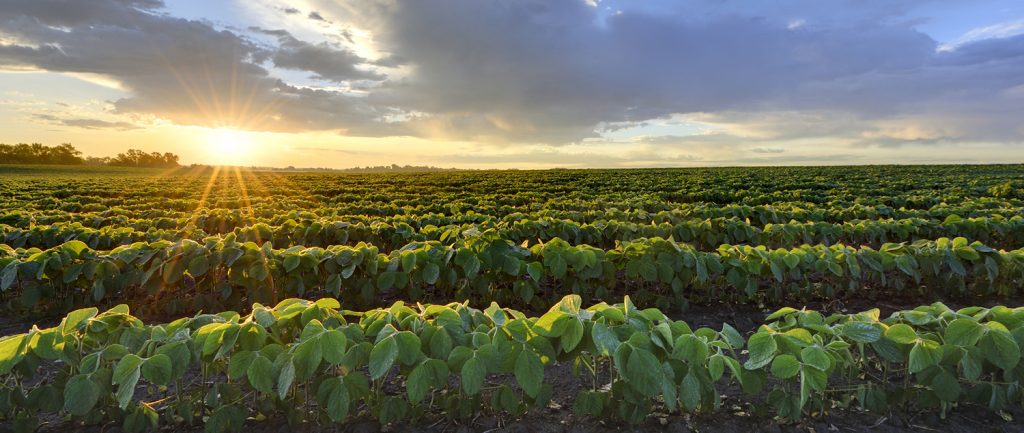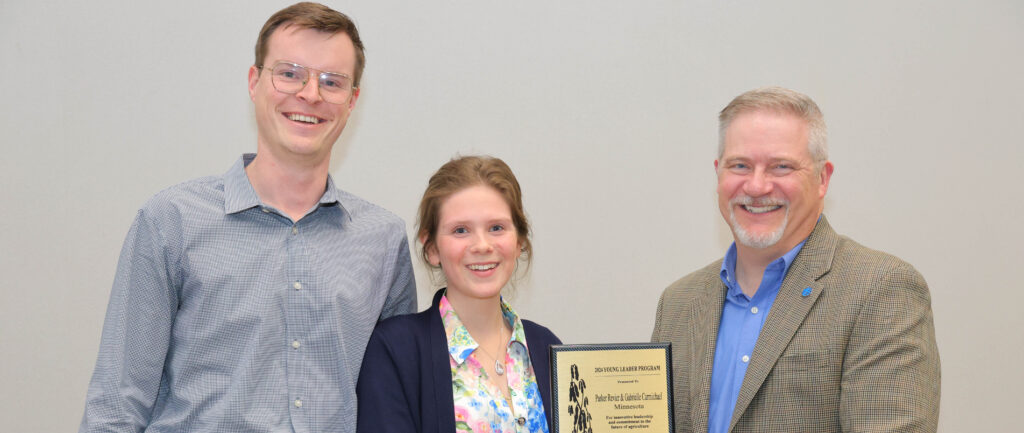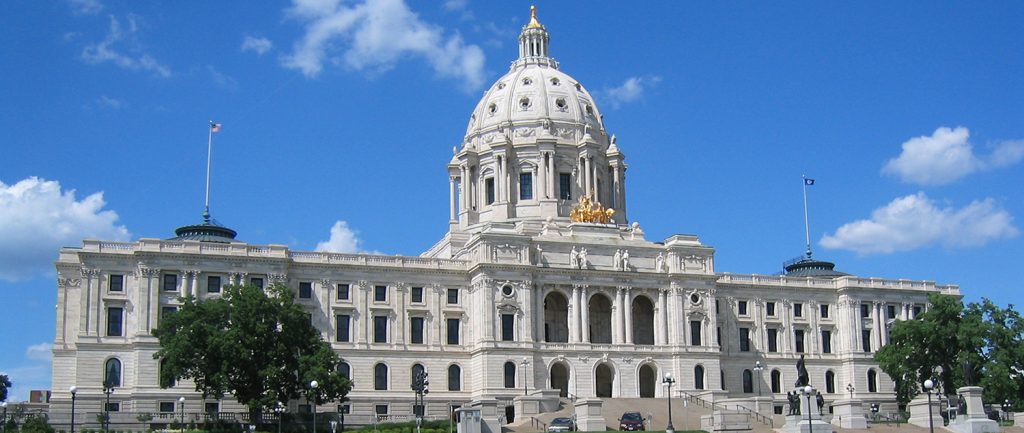Sen. Foung Hawj arrived at Ryan Mackenthun’s farm at an ideal time in late September to see firsthand that the farming life can be a grind, especially during harvest.
“He got there and one of our combines had broken down,” said Mackenthun, who farms in Brownton and serves as secretary of the Minnesota Soybean Growers Association. “Then, the other combine broke down, too. … We ended up having a great chat about the realities of farming versus the perceptions of farming.”
Hawj, the DFL’s Assistant Minority Leader, was joined by a couple of constituentsfrom the Hmong American community in his East St. Paul district in an effort to learn about soybean farming practices.
“It was a learning experience,” said Hawj, who later joined Mackenthun for a ride in the fixed combine. “I thought farming would be a little easier. The perception is that farming is simple, but it’s not simple.”

Hawj, a strong advocate at the Legislature for urban and specialty farming, said he was eager to engage with a farmer and catch a glimpse of the day-to-day tasks of running an operation.
“This really helps me, getting to know the farmers and talk to them about their struggles and their strategies for gains,” Hawj said. “It was great to see the details.”
MSGA Executive Director Joe Smentek and lobbyist Cory Bennett (who lives in Hawj’s district) also attended to discuss legislative priorities and how MSGA can work with the Legislature to create jobs by bringing more skilled young people and minorities into farming.
“We had a really great conversation,” Smentek said. “We spoke with the senator about how legislation impacts farmers through policies like taxes and chemical regulations and how sustainable our farmers’ production practices are.”
Generating job growth and building workforce development are two of Sen. Hawj’s core priorities. This year, he’s become concerned to hear of Hmong American constituents leaving Minnesota to work on chicken and hemp farms in Missouri, Oklahoma and California.
“My district has grown, but my cultural community has shrunk a little bit,” said Hawj, who emigrated to Minnesota from Laos more than four decades ago. “My heritage is attracted to agriculture. Their agriculture is different from Minnesota agriculture, but they can be adaptable. They want to be close to the earth and the land and help empower our Minnesota farmland.”
In recent years, the Karen community (refugees from Burma in Southeast Asia) have established themselves in southwest Minnesota and have found jobs in food processing plants. Hawj, who met with Karen leaders in Marshall, envisions this community growing over the next decade, helping to fill worker shortages in the region.
“If there are opportunities and options for them to be entrepreneurs, they can fill the gap of the missing link,” he said.
Mackenthun said the meeting was important in establishing the range of jobs available in agriculture.
“The fact is, farmers support and create so many careers and jobs than the actual act of farming,” he said.




